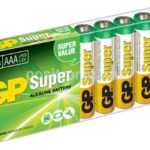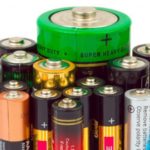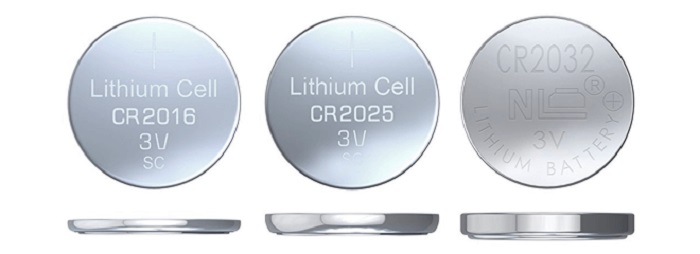Which batteries are better - alkaline or lithium?
Many devices that surround us require batteries. However, over time they begin to discharge. In such a situation, the question arises: “Which batteries to choose?” After all, some last a very long time, others “die” quite quickly, especially in the cold. But why does this happen, how do they differ?
It all depends on one parameter - what they are made of. The service life and partly the charge level depend on their composition. We offer to understand and compare which batteries are better: alkaline or lithium, and we will also help you figure out how to save money without buying a new battery every month.
The content of the article
Features, pros and cons of alkaline batteries
Batteries get their name from the metals from which the electrodes are made. One of the most popular types is alkaline. Many people call them alkaline. The "minus" or negative pole consists of zinc powder. This increases the rate of chemical reactions.
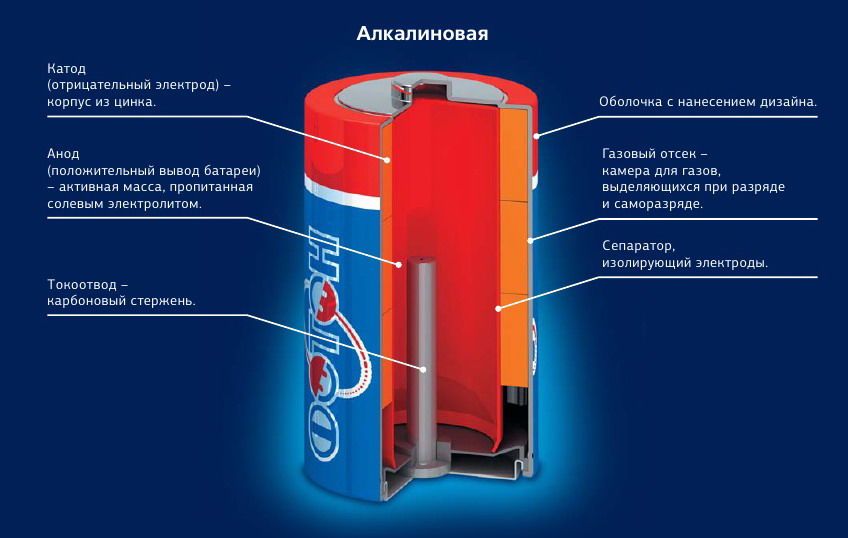
Reference. Salt batteries also use zinc. However, it is not used in powder form. The fact is that the body is made from it. This design is considered obsolete because the battery releases current slowly.
The positive pole is made of manganese dioxide.The main difference from, for example, salt batteries is the type of electrolyte. Alkaline batteries use potassium hydroxide for this purpose.
The peculiarity of these batteries is that they are suitable for devices with power consumption up to 300–700 mA. With a capacity of 3 Ah, they will provide long-term operation. If you load a battery with a high current, its voltage will drop, and a huge part of the energy will be wasted - heating itself. The conclusion is simple: the effective capacity depends on the load.
An additional feature of such batteries is that even if they are completely discharged, the device will still work, albeit not for a long time. That is, in this simple way you can use, for example, a camera, without purchasing new batteries for some time.
Reference. If the salt battery runs out completely, the camera will not even turn on. If you use an alkaline battery, it will allow you to conduct a short photo session lasting 25–40 minutes.
If we talk about the advantages of this type of battery, there are a lot of them:
- suitable for most devices;
- work relatively long;
- long shelf life - more than two years, and in some cases it can reach up to 7 years (depending on the manufacturer);
- do not discharge in the cold, but continue to work stably;
- long service life;
- some models can be recharged - and their “life” is as much as 2000 recharges;
- affordable price;
- Some modern alkaline batteries do not require special recycling, but can be disposed of using the classical method.
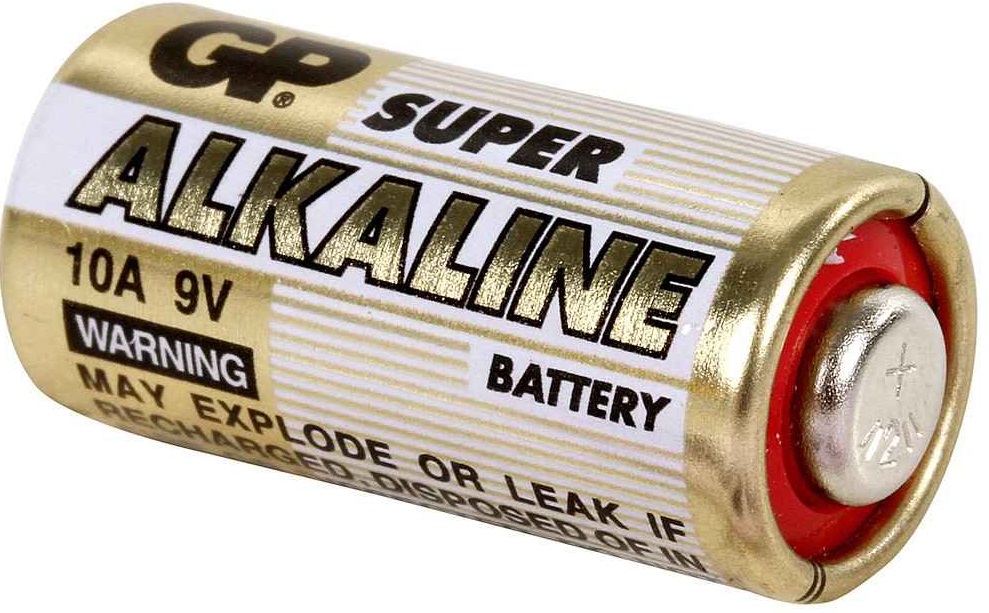
However, besides the advantages, they also have disadvantages:
- high internal resistance, which may ultimately affect service life;
- recharging takes a long time - sometimes up to 12–16 hours;
- if the charger is faulty, an explosion may occur;
- cannot be stored in devices that you have not used for a long time.
Characteristics, pros and cons of lithium batteries
Lithium is a soft and ductile metal. Lithium batteries produce a voltage of approximately 3 volts, making them suitable for use in many devices. One such battery replaces 2 salt or alkaline batteries. The peculiarity of such a product is its weight; it is 30% lighter compared to the weight of its “brothers” made of other metals.
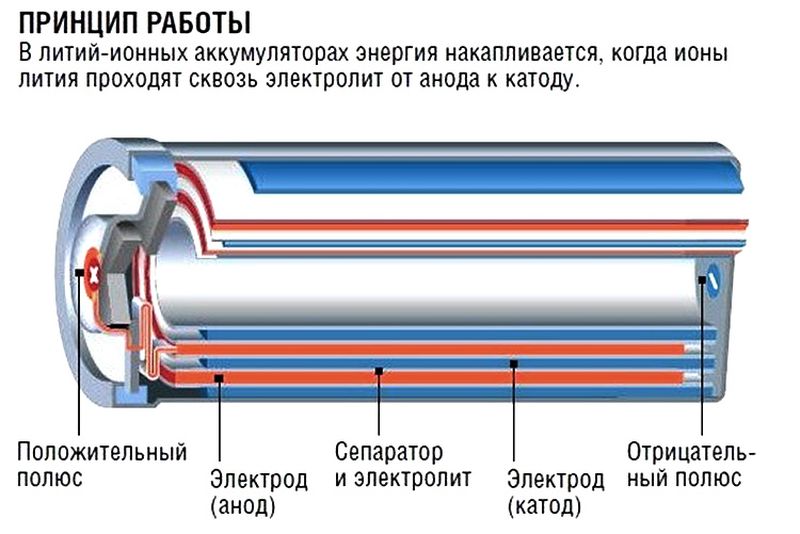
The electrode itself is covered with a passive film, the thickness of which is several nanometers. This film has the properties of a solid electrolyte that conducts lithium ions. It allows you to exclude the occurrence of a spontaneous reaction of the lithium electrode with the electrolyte. For this reason, lithium batteries have a low self-discharge rate (about 1.5% per year). Thanks to this, their shelf life can reach 10 or even 15 years, which, at first glance, seems fantastic.
They can be used in any electronic device. However, it is worth noting that using, for example, a TV remote control of such an element will not be entirely advisable, since they will show themselves more effectively with various electronics and digital devices (cameras). That is, with those devices that have high power consumption: from toys to medical equipment.
Like all batteries, lithium batteries have their pros and cons. If we talk about the advantages, then the following stand out:
- large capacity;
- small weight;
- long shelf life;
- stable operation throughout the entire service life;
- resistance to temperature changes, i.e. it functions even in cold weather;
- constant pressure;
- high energy intensity and energy density;
- ease of use.
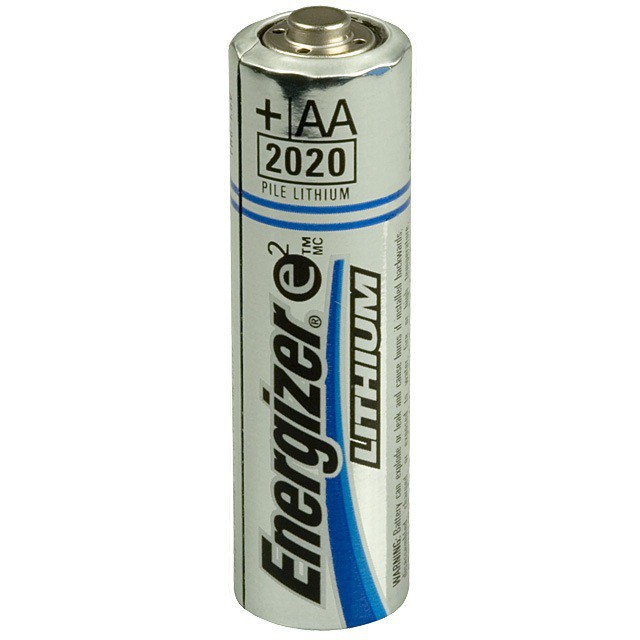
If we talk about the minuses, then one main drawback stands out here - the high cost. However, many people understand that it is better to pay once than to change them a huge number of times, and still end up overpaying.
Which batteries are better - lithium or alkaline?
It’s worth noting right away that both batteries have a huge number of advantages, and if they are compared with salt batteries, the latter certainly lose. Therefore, it is better to forget about them forever. If you choose between the two products under consideration, then lithium-ion cells are slightly ahead. The fact is that they have higher energy intensity, so they can be used in almost any device. Their service life exceeds the service life of alkaline analogues by almost 2 times. However, the latter are considered more universal, since they can be used in remote controls.
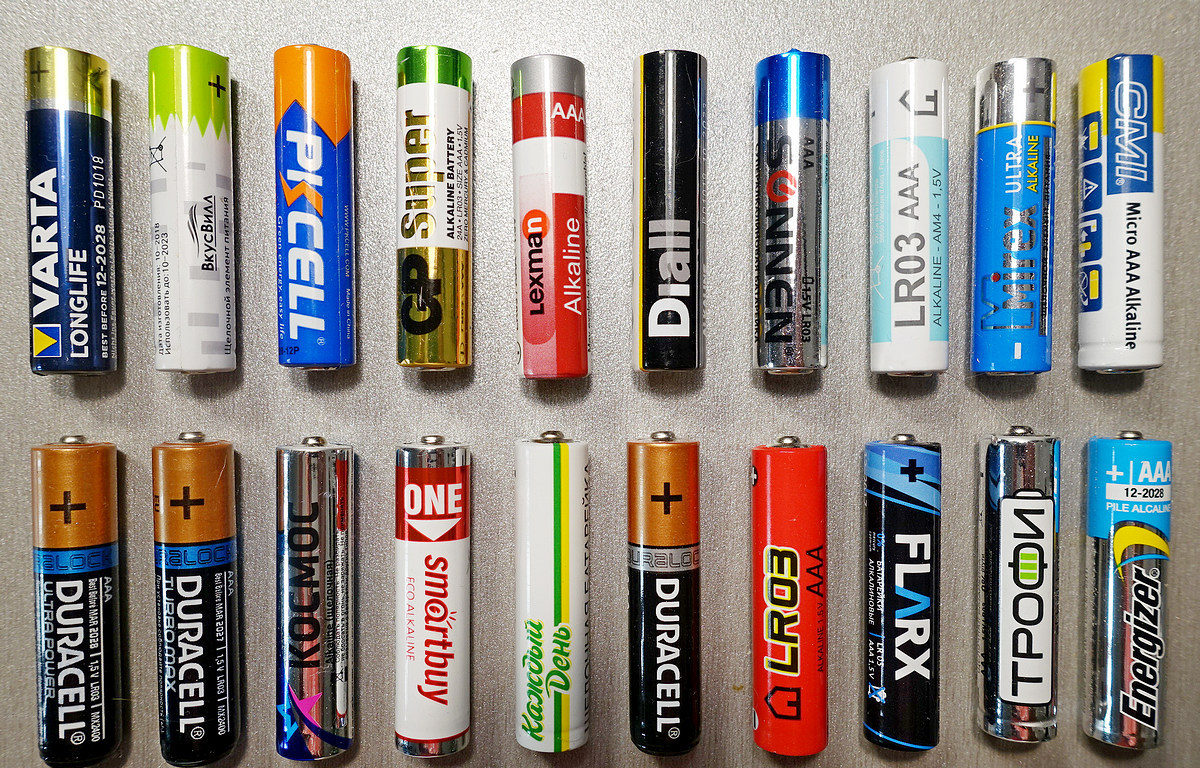
The conclusion suggests itself is the following: the choice of battery depends on the device itself. If you need it for photographic equipment, then it is better to purchase the lithium version; for simpler devices, alkaline ones are suitable. It is best to purchase rechargeable batteries and one set of regular batteries. This way you will save more money, and the spare set will serve as a temporary replacement while the battery is being charged.


